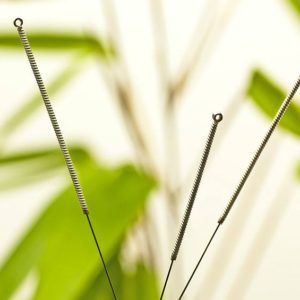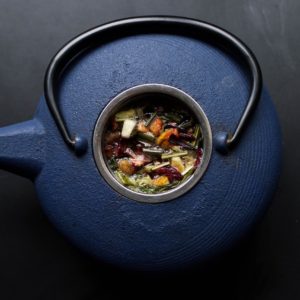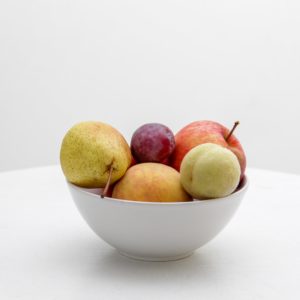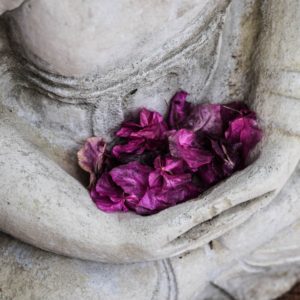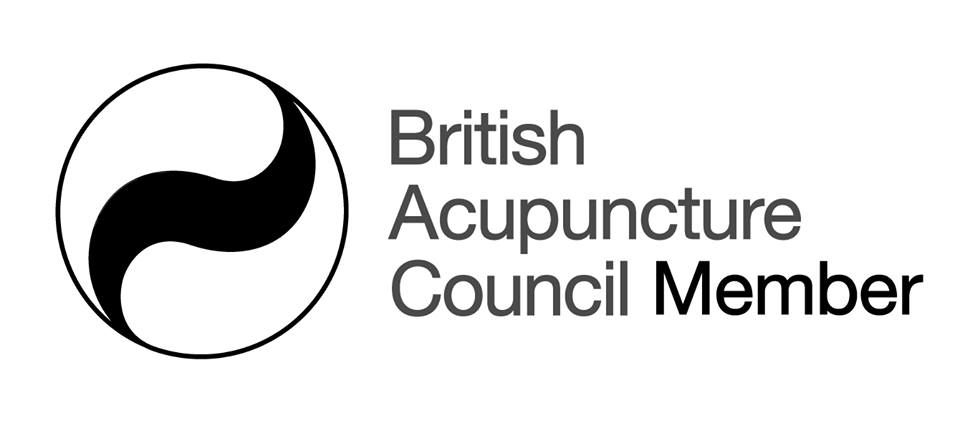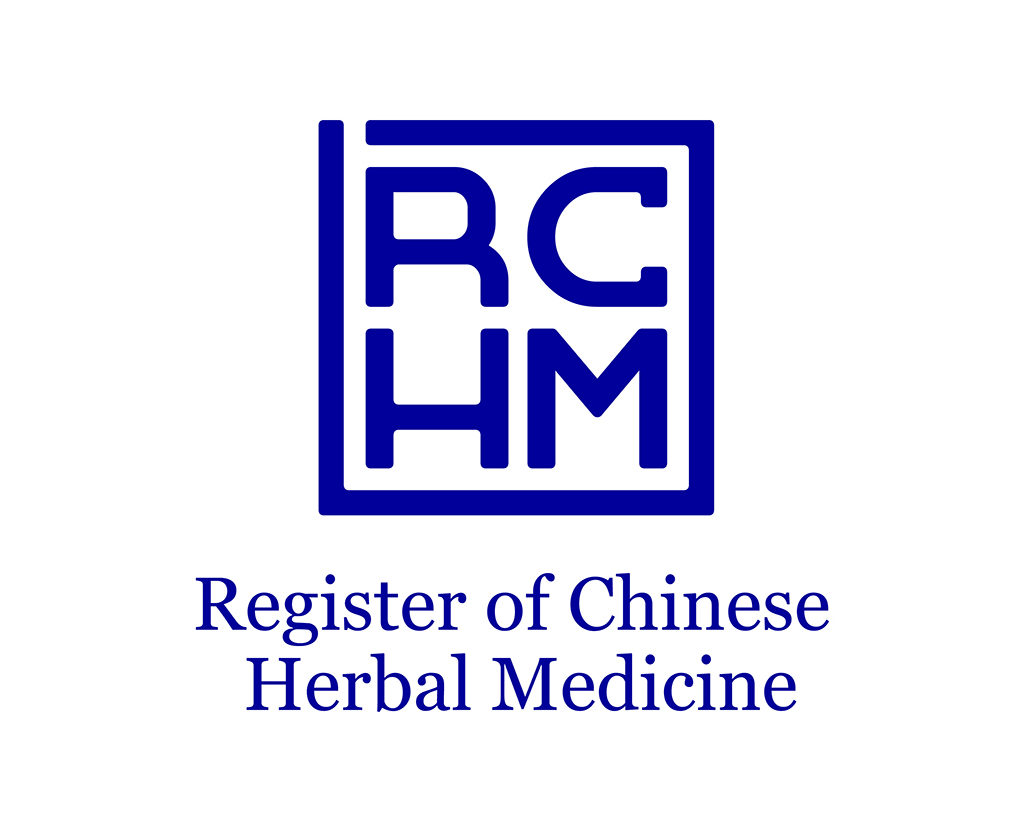Polycystic ovaries
Natural remedies for PCOS
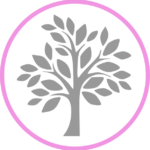
What are polycystic ovaries?
Every month, your hormones send a message to your ovaries to take several egg bearing follicles out of store and move them along the conveyor belt to ovulation.
At some point, one of those follicles gets chosen as the one most likely to produce the best egg for fertilisation. This ‘dominant follicle’ grows bigger, and eventually releases its egg . The unlucky contenders just fade away.
In PCOS hormonal imbalances mean that while all the follicles start to develop, there is no dominant follicle and no ovulation. The whole batch of that month’s follicles fail to fade away. Instead, they remain on the surface of the ovary as cysts, sometimes called string of pearls cysts.
These little cysts produce male hormones – ‘androgens’ – which inhibit progesterone, one of the main hormones that regulate your cycle.
Low progesterone can cause irregular ovulation and poor development of the womb lining (endometrium ) all of which reduces your chance of conceiving easily or carrying a baby to term.
One in ten women in the UK have PCOS No-one really knows what causes it though there may be a genetic component as it seems to run in families
Although it’s associated with raised testosterone and other hormonal imbalances, it’s unclear whether they are a cause or a result of the condition.
Most researchers consider it to be a combined endocrine and metabolic condition.
Other conditions associated with PCOS include insulin resistance and metabolic syndrome, weight gain and inflammation,
As with so many other conditions, lifestyle issues and environment can all play a role, both in its development and its contol..
| Main signs and symptoms | ||
|---|---|---|
| Irregular periods | Long/very long cycle | No periods |
| Heavy periods | XS facial & body hair | Hair loss |
| Acne | Weight gain | Sleep apnoea |
| Difficulty conceiving | Preterm birth |
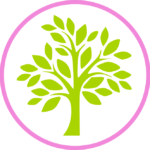
PCOS in fertility and pregnancy
PCOS is responsible for about 80% of all cases of difficulty conceiving. This is in part because you don’t ovulate regularly so not only do you have fewer ovulations in a year, but it can be very difficult to pin-point your so-called ‘fertile window’ – the best moment in your cycle to conceive.
Having PCOS doesn’t mean you can’t get pregnant naturally, but it does mean it’s likely to take longer. It’s also true that if you do become pregnant you have an increased risk for premature birth, pre-eclamspia and gestational diabetes.
Conventional western treatment
The usual treatment for difficulty conceiving in women with PCOS is clomiphene citrate, (Clomid) which induces ovulation. It is sometimes combined with IUI (intra-uterine sperm injection). The pregnancy rate after 3 Clomid cycles is around 50%.
Acupuncture can help both to stimulate ovulation and to support a Clomid cycle.
If you decide to go straight for IVF, your chances of conceiving are more or less the same as women who don’t have the condition, though you are more susceptible to OHSS (Ovarian Hyper-Stimulation Syndrome).
Acupuncture can really help support you through the cycle and may offset the chances of over stimulation..
Acupuncture and herbs for PCOS
Whether you have PCOS or not, you need your body to be in tip-top condition if you want to remove un-necessary obstacles to conception.
It might not take much – for example overweight women who lose just 5% of their body weight have been shown to have improved ovulation.
If you are under-weight – and not everyone with PCOS is obese – then working to increase your BMI can help re-establish regular ovulation.
Leaving weight issues aside, you need to eat the healthiest diet you can, just like every othe woman who is hoping to get pregnant.
Working to resolve PCOS is really a partnerhsip. Alongisde acupuncture and or hebal medicne, making adjustments to your lifestyle, diet and exercise and managing your weight are basic to helping yourself get pregnant.
Chinese Medicine is all about appropriate balances. It’s not just about whether you eat too much or too little, exercise too much or too little,drink too much or too little, but also about emotional balances, which are often part and parcel both of having PCOS and of generally finding it hard to get pregnant.
Acupuncture for PCOS in IVF
Women with PCOS who are having IVF can suffer hyper-stimulation (OHSS as a result of the drugs that stimulate the follicles The symptoms usually appears in the days following egg collection and may include abdominal bloating, tenderness over the ovaries, pain, nausea, vomiting and diarrhoea. Symptoms can be mild or severe. If you suffer a severe attack you will be kept under surveillance by your fertility consultant.
Acupuncture can be very helpful in supporting women with PCOS who are undergoing IVF and to helping improve pregnancy rates and there is some research, (though in an animal model), that acupuncture may help alleviate symptoms of OHSS
Whether you have PCOS or not, IVF can be a stressful undertaking and acupuncture treatments can really help you relax and cope.
Please get in touch if you’d like to know if I can help, or make an appointment. Or book in for a half hour nice cup of tea and a chat‘ if you want to talk about your situation and explore your options.

